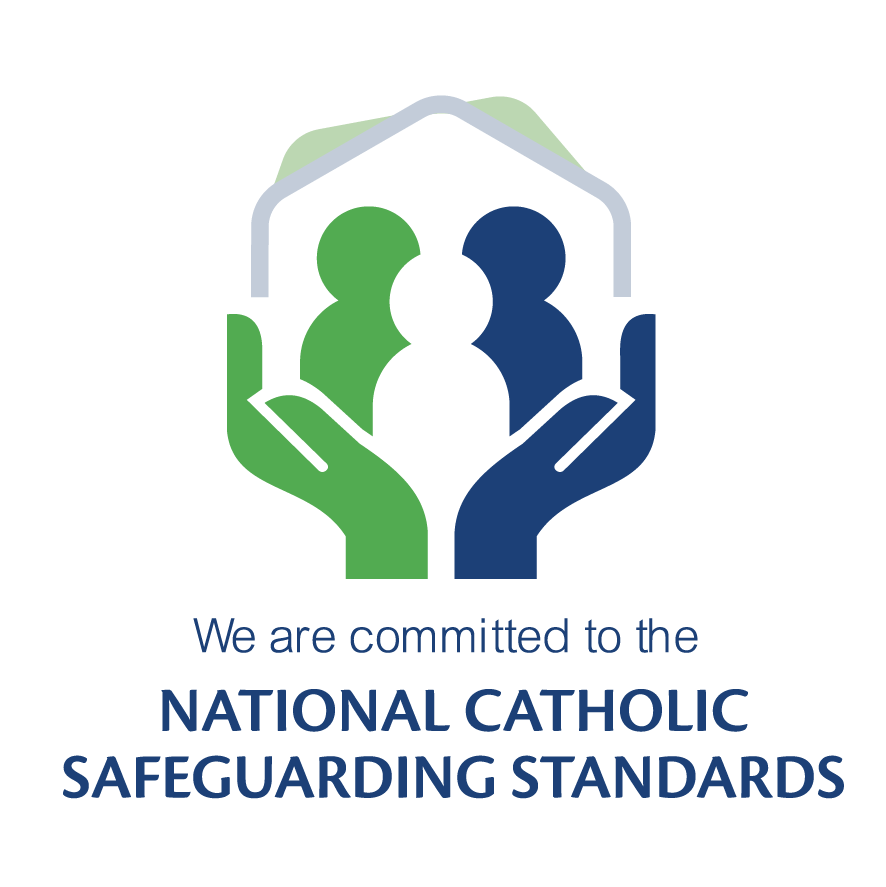Story Janelle Santolin, Education Officer, Catholic Education Services
 Growing up in the 70s in Far North Queensland, I didn’t have the opportunity to learn a second language in primary school, like my children do today. I was very fortunate, however, to have an Italian-born father who regularly broke into Italian at home (although, the creative vocab he used at times would make my mother’s hair curl!).
Growing up in the 70s in Far North Queensland, I didn’t have the opportunity to learn a second language in primary school, like my children do today. I was very fortunate, however, to have an Italian-born father who regularly broke into Italian at home (although, the creative vocab he used at times would make my mother’s hair curl!).
For me, and for more than 20 per cent of Australians who speak a second language at home, being able to transfer back and forth from one language to another depending on the audience, is just the norm. And while my ability to speak a second language has been lost over the years, the social awareness that this skill provides remains strong within me.
So, now that I am a parent of two delightful and curious early learners, I find myself asking the question: Should my children be studying a second language? With a lot of digging, I unearthed an exhaustive amount of research from as far back as 1970s, which tells me the overwhelming answer to my question is “Yes”.
The benefits of bilingualism
Learning a second language at a very early stage in their development can bring about so many wonderful benefits for our children, says Catholic Education’s Janelle Santolin.
Improved cognitive development
Harvard Prof Maria Polinsky explains that bilingual children will have developed much more cognitive control than monolingual children. Through constantly switching back and forth between two languages bilingual children tend to be better multi-taskers, problem-solvers and creative and critical thinkers.
Enhanced general literacy skills (including understanding of their primary language)
Many people assume that learning another language means a child’s understanding of their primary language will suffer. This is exactly the opposite. When studying a second language, a child learns about how languages work and their literacy skills are enhanced because a clear link exists between learning another language and literacy development in English.
A deeper understanding of culture and values
Learning a second language is more than just learning new words and numbers. As children delve into a new language, they are exposed to new cultures, traditions and values. This extends their understanding of themselves, their own heritage, culture and identity as well as giving them a worldwide view of life.
Improved self-esteem and self-awareness
Just like any great accomplishment, whether it be playing an instrument, writing their name or even tying their shoelaces for the first time, learning a language can give your child a sense of achievement and this definitely enhances their concept of self and self-belief.
Improved employment potential
Let’s face it, we want the very best future for our children, and having a second language gives them the edge over those who don’t. Being bilingual can be a significant career advantage in terms of employability and earnings.
Second Languages in Schooling
Fortunately for parents in Queensland, most primary schools offer a language to our children, some from as early as prep. The dominant languages taught in North Qld, according to Florence Boulard, JCU Coordinator of Modern Languages, are Japanese, Italian and French, with some schools offering Chinese (Mandarin) and German.
Second Languages at Home
As parents, we can help in many ways:
- Start them young. It’s a lot harder learning a language as an adult than as a child. This is because our language receptors in our brains are more open to receiving new information in our first five or six years of life. We develop the bulk of our language skills before we start school. After that, learning a language can be more difficult.
- If you have a family member who speaks a second language, then have them expose your children to that language as often as possible. The best environment for learning a language is one that is safe and relaxed, so home is perfect. If you don’t have a family member, then look to your wider community; neighbours, international clubs, kindergartens with language programs etc.
- There are so many children’s toys on the market that have second language functions on them. Be sure to find toys that have the correct tone and accent and are not computer automated.
- Children’s TV programs that are bilingual are a very easy way for parents to expose children to a second language. Children will mimic what they hear and will eventually grasp the meaning of the words they are speaking and use them correctly in context. Parents know how this works, especially when the littlies repeat with perfect diction and tone the very colourful language heard on the sporting sidelines!
- Consider the myriad of language learning apps specifically designed to make language learning fun for children.
- For parents looking to learn more about benefits to a second language, check out www.serious-science.org for a great YouTube video by Maria Polinsky as well as www.schoolatoz.nsw.edu.au for additional reading material.
Apps for Language Development
www.elearningindustry.com has highlighted their top apps for second language learning which include:
- Gus on the Go (gusonthego.com) $6.99
- Duolingo (duolingo.com) FREE
- Little Pim (littlepim.com) FREE
- Rosetta Stone Kids Lingo Letter Sounds (rosettastone.com/lp/kidsapp) FREE
- Mindsnacks (mindsnacks.com) FREE
- Chinese Skill (chinese-skill.com) FREE
All of these apps and more can be purchased from iTunes App store or Google Play store. And what is awesome is that the majority of these apps are free and offer a range of languages to choose from.




